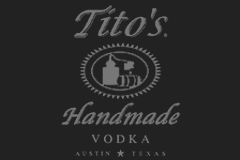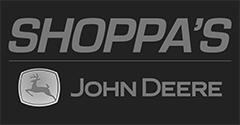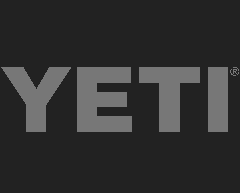Houston, Texas – (January 11, 2023) – Late last year, the CCA Texas Executive Board approved $152,000 in funding for the Sink Your Shucks™ initiative to support their oyster shell recycling efforts in the Corpus Christi area. This funding will help to support the program’s operations for two years. Additionally, the Executive Board also approved $10,000 the program used to purchase two new trailers and make repairs to their existing trailer. These trailers will be used for the transportation of used oyster shells from local restaurants for recycling efforts. In total, the CCA Texas Executive Board approved $162,000 in funding for this important initiative.

Photo Courtesy of the Sink Your Shucks™ Oyster Recycling Program
A crucial aspect of this recycling program is the transportation of oyster shells by trailer from local restaurants to quarantine areas. The single trailer used by the Sink Your Shucks™ program was in dire need of critical repairs. CCA Texas made the commitment to make repairs to the existing trailer as well as purchase a new one. The estimated total cost for the project was approximately $10,000. The funding for this project was generously supplied by James Avery Artisan Jewelry after the Texas-based company expressed an interest in supporting CCA Texas’ efforts to conserve the state’s coastal resources. As a result, the Harte Research Institute for Gulf of Mexico Studies (HRI) was able to purchase two new trailers, one more than they had originally envisioned, and make changes to their existing trailer. The vital funding of Sink Your Shucks™ enables the program to continue its critical work and move forward on a path to further growth.
The Sink Your Shucks™ initiative was founded by the Harte Research Institute for Gulf of Mexico Studies (HRI) in 2009 and is now co-coordinated by Dr. Jennifer Pollack, Endowed Chair for Coastal Conservation and Restoration and the Texas Surf Conservancy (formerly the Texas Surf Museum). The program was the first in Texas that reclaims oyster shells from local restaurants and returns them to our local waters providing both substrate to form new reefs and habitat for fish, crabs and other organisms.
CCA Texas also funded $10,000 for the purchase of two new trailers for the Galveston Bay Foundation’s own oyster shell recycling program. In total, CCA Texas funded $20,000 for the purchase of four brand-new trailers for oyster recycling efforts.
The Galveston Bay Foundation is a conservation nonprofit that has served as a guardian of Galveston Bay since 1987. Their mission is to preserve and enhance Galveston Bay as a healthy and productive place for generations to come.
CCA Texas believes it’s imperative that the management of our Texas oyster fishery continues to evolve by prioritizing the ecological and structural value of oysters in the water by safeguarding existing reefs and creating new ones. The recent actions taken by the Texas Parks and Wildlife Commission to prohibit oyster harvest in Carlos Bay, Mesquite Bay and Ayres Bay (Mesquite Bay complex) is a milestone step in this effort to conserve our state’s oyster fishery. Additionally, efforts such as the Sink Your Shucks™ program, the Galveston Bay Foundation’s Oyster Shell Recycling Program, and the evolution and growth of the Texas oyster mariculture program provide much-needed support. CCA Texas will be an active voice and work with other NGOs, academia, and industry stakeholders to ensure a sustainable Texas oyster fishery for current and future generations.
###
Coastal Conservation Association Texas (CCA Texas) is a non-profit marine conservation organization comprised of tens of thousands of recreational anglers and coastal outdoor enthusiasts. Founded in 1977, CCA started in the great state of Texas and has grown to include state chapters along the Gulf of Mexico, Atlantic Seaboard and Pacific Coast. The stated vision of CCA is to ensure the health and conservation of our marine resources and anglers’ access to them.
You can also access the PDF version of this press release by clicking here.










